Waqf Bill not just an attack on Indian Muslims but on India’s constitutional fabric: MP
By Mehdi Moosvi
The Waqf (Amendment) Bill on Saturday officially became law in India after President Droupadi Murmu gave her assent to the contentious legislation, which seeks to alter the management of properties valued in billions, donated by Muslims over centuries.
"The following Act of Parliament received the assent of the president on April 5, 2025, and is hereby published for general information: The Waqf (Amendment) Act, 2025," the government announced in a notification, stirring up a hornet’s nest.
Introduced by Prime Minister Narendra Modi’s ruling Bharatiya Janata Party (BJP), following hours of fierce debate earlier this week, the bill is alleged by Muslim leaders and opposition groups to violate the Constitution and infringe on the rights of the Muslim minority by granting the government greater control over these properties.
In a conversation with the Press TV website, Pramod Tiwari, a Member of Parliament from the Indian National Congress party and deputy leader of the opposition in the upper house Rajya Sabha, said these lands have historically been managed by dedicated Waqf Boards operating across various states. Suddenly, the BJP government scrapped this established structure, calling it "inefficient" rather than offering constructive support to improve its accountability.
“They introduced a bill not for reform, but to facilitate a blatant land grab by the state.”
The most controversial element of the legislation centers around the new property validation regulations. Many historical mosques, shrines, and graveyards in India lack official documentation, as waqf endowments were established centuries ago without legal records.
“Their next move? Demanding decades or even centuries-old documentation for these properties. And when the Waqf Boards, naturally, cannot produce such historical records, they plan to weaponize the system by filing FIRs. This paves the way for declaring these lands as state property. It’s a carefully laid trap,” Tiwari cautioned.
Indian parliament approves controversial Muslim Waqf law
— Press TV 🔻 (@PressTV) April 5, 2025
Munawar Zaman reports from New Delhi. pic.twitter.com/v25KigeyeI
“How do you expect anyone to produce papers from hundreds of years ago?” he added, fiercely condemning the bill.
In Islamic tradition, waqf refers to a charitable or religious contribution made by Muslims to support the community. These assets are not to be sold or repurposed.
For India’s 200 million Muslims, waqfs hold deep significance, being used for mosques, madrassas, cemeteries, and orphanages.
“The Waqf properties were never government-owned assets—they were sacred endowments made by devout individuals as acts of religious charity,” he said, criticizing the government for what he described as a systematic plan to seize control of Waqf properties.
The BJP argues that Waqf-owned lands are vast but generate meager income. In contrast, Muslims and rights groups claim the ruling party has done little to uplift the community, systematically targeting them and relegating them to second-class status.
“Most of these properties are cemeteries, mosques, or even charitable organisations. They are not commercial mills or factories. Judging them solely by revenue is intellectually dishonest. Religious land isn’t meant for profit—it’s meant for prayer, for peace, for purpose,” he argued.
“So far, the ruling party has only created rifts—between Hindus and Muslims, men and women, castes and communities. They’ve done nothing to uplift Muslims. The few scholarships and schemes that exist are remnants of older governments.”
The opposition party leader also revealed that the bill was debated intensely until late hours in both houses of Parliament. The very next day, the ruling party blocked further discussion, indicating, he said, that they feared scrutiny from both the opposition and the public.
Bill to seize mosques in India gains presidential assenthttps://t.co/nwnbdR28zB
— Press TV 🔻 (@PressTV) April 7, 2025
“The ruling party's motives are crystal clear—to deflect attention from skyrocketing unemployment and inflation and simultaneously to erode the rights and dignity of Muslims. It's a dual strategy: self-preservation through scapegoating,” Tiwari noted.
“These are not isolated actions. They are part of a larger, calculated agenda. First, to seize religious lands under the guise of governance. Second, to deliberately alienate and humiliate a particular community.
“As a Hindu myself, I find it unacceptable that only Muslim institutions are being targeted. Why this religious intrusion, and why only against Muslims?”
Despite being outnumbered in Parliament, the opposition stands united against the bill. Tiwari assured that the legal battle against it is far from over.
The Congress, All India Majlis-E-Ittehadul Muslimeen, the Aam Aadmi Party, and a civil rights organization have filed four petitions in the Supreme Court challenging the constitutionality of the bill, alleging it violates the fundamental rights of Muslims.
“We are not backing down. This fight now goes to the Supreme Court, where we believe justice will prevail.”
“This is not just about property—it’s about dignity, equality, and our collective identity. We will defend the Constitution, the rights of minorities, and every inch of justice this country owes to its people. We will leave no stone unturned.”
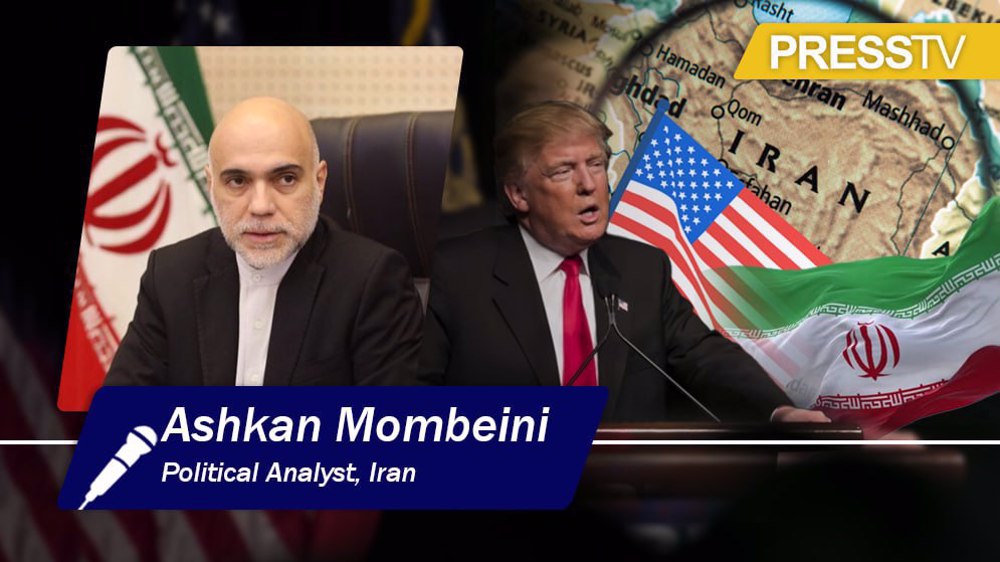
Trump's war rhetoric against Iran to impose heavy costs on US and allies: Analyst
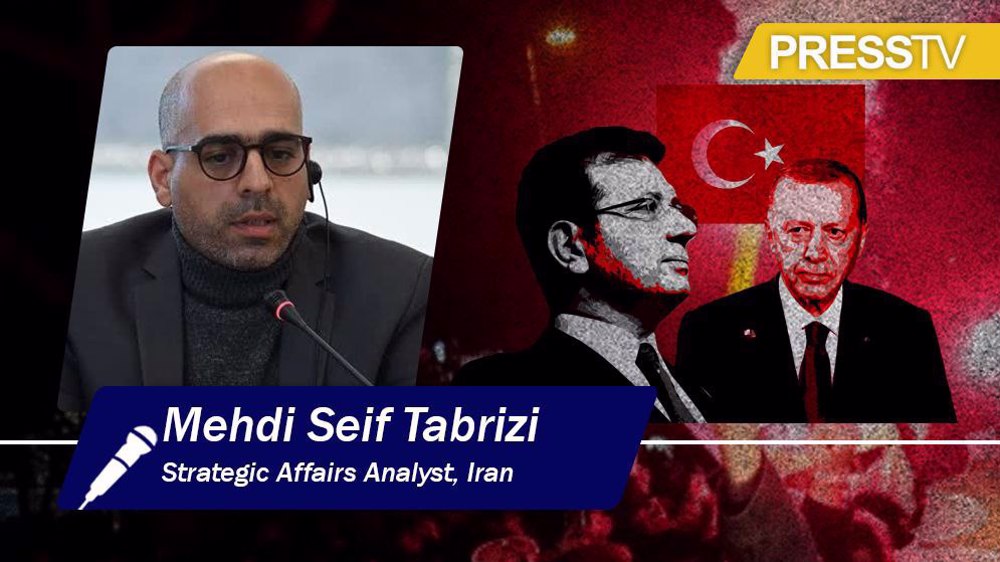
Turkey’s political unrest to significantly weaken Erdoğan’s grip on power: Analyst
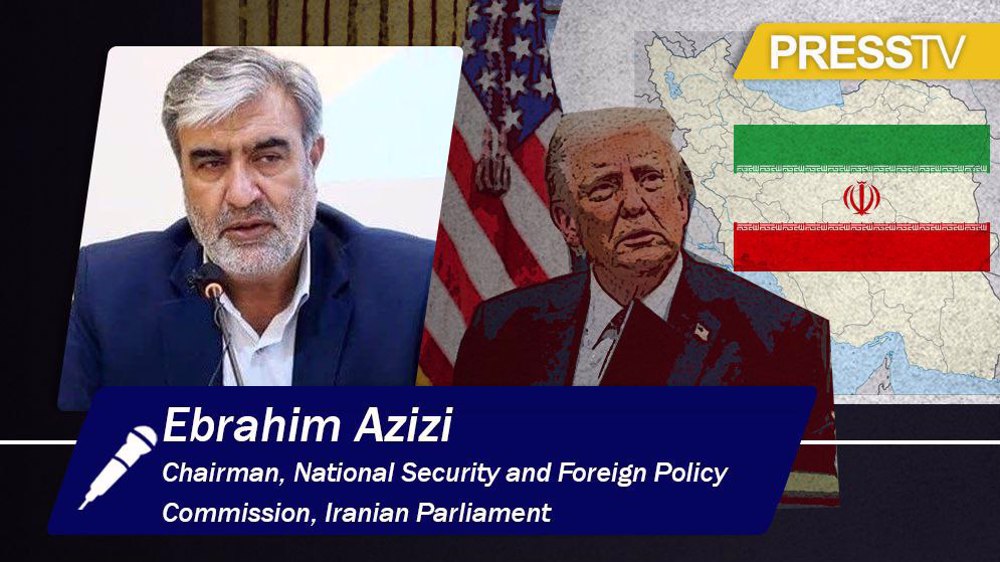
Trump’s letter not an olive branch but a pressure tactic against Iran: Sr. Lawmaker
VIDEO | Massive Friday protests in Yemen: Call for end to US, Israeli aggressions
Leaked docs. expose Israeli censorship campaign to erase pro-Palestinian content online
Yemen targets Israeli military sites in Jaffa in retaliation for Israel’s Gaza genocide
Leaked emails show German officials pressing staff into deporting pro-Palestine activists
Thousands of Pakistanis rally to censure Israeli crimes in Gaza
‘Gaza is not alone’: Yemenis hold million-man protests to show solidarity with Palestinians
VIDEO | Iranians rally to condemn Israeli atrocities in Gaza
VIDEO | Record surge in Israeli home demolitions across occupied West Bank


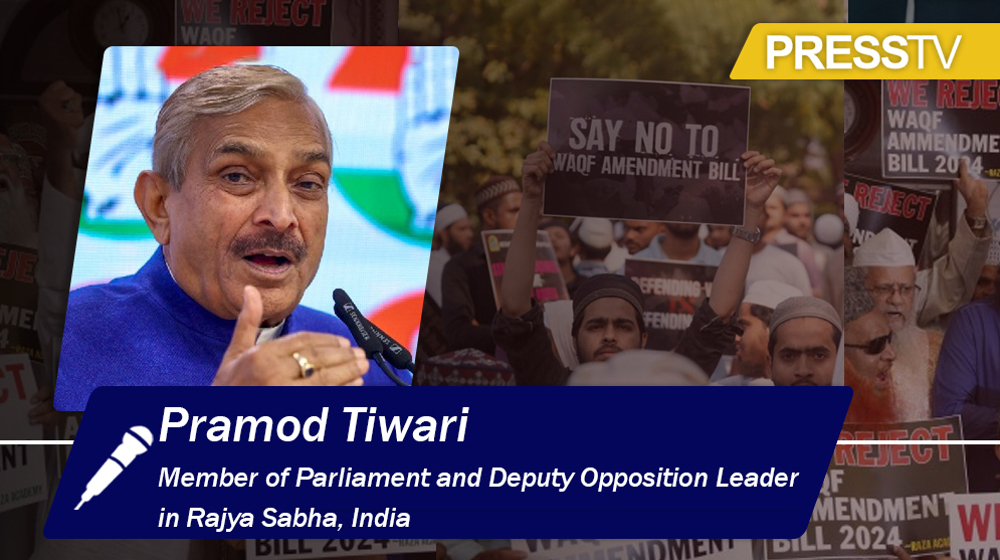



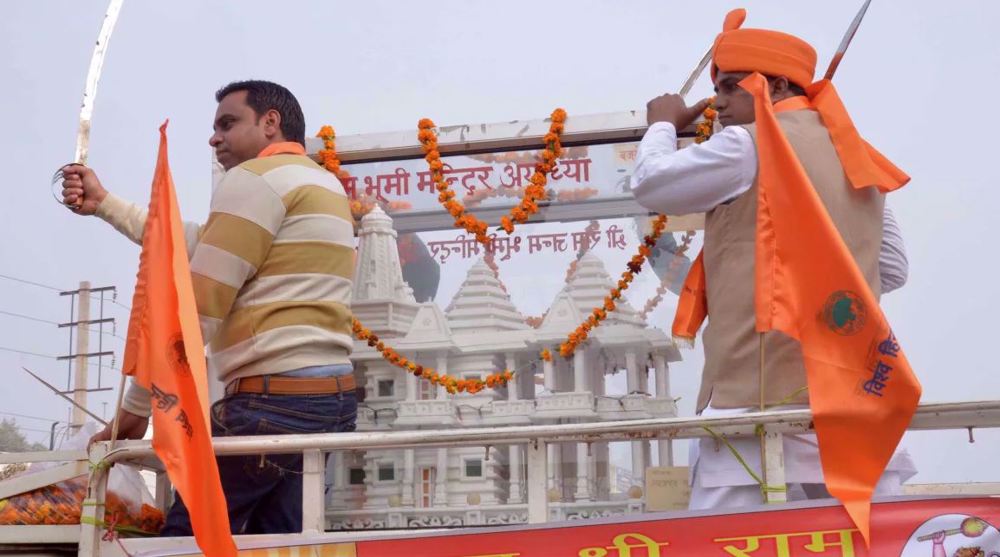
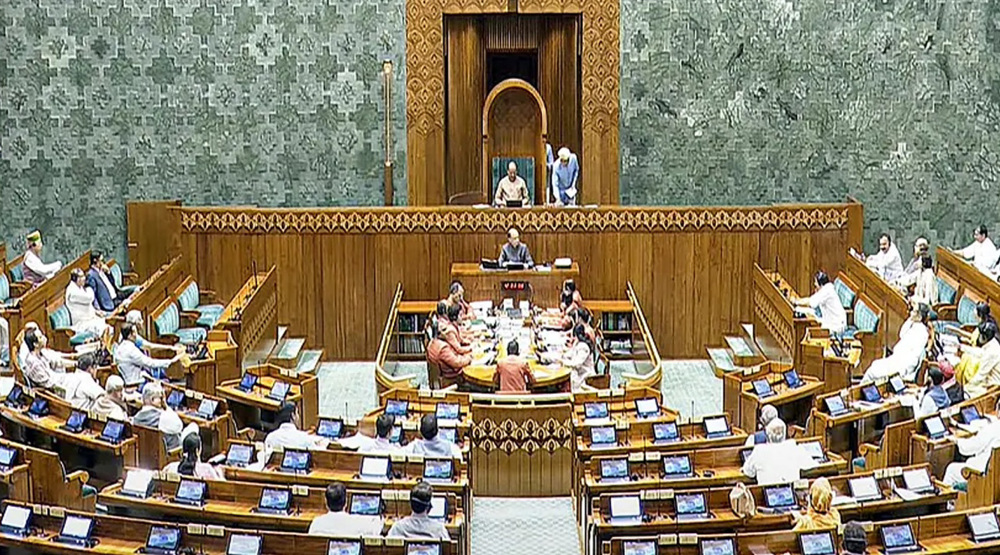
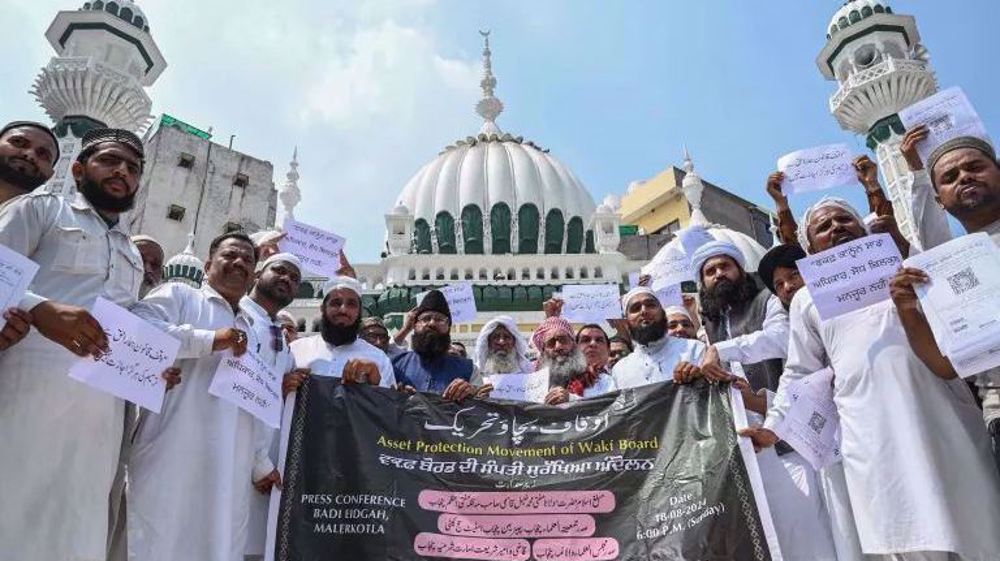
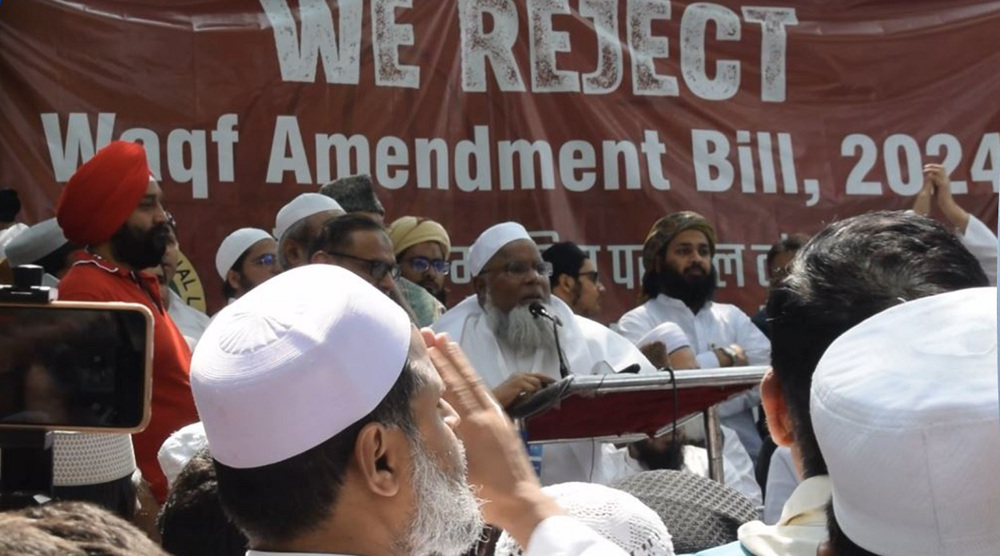

 This makes it easy to access the Press TV website
This makes it easy to access the Press TV website